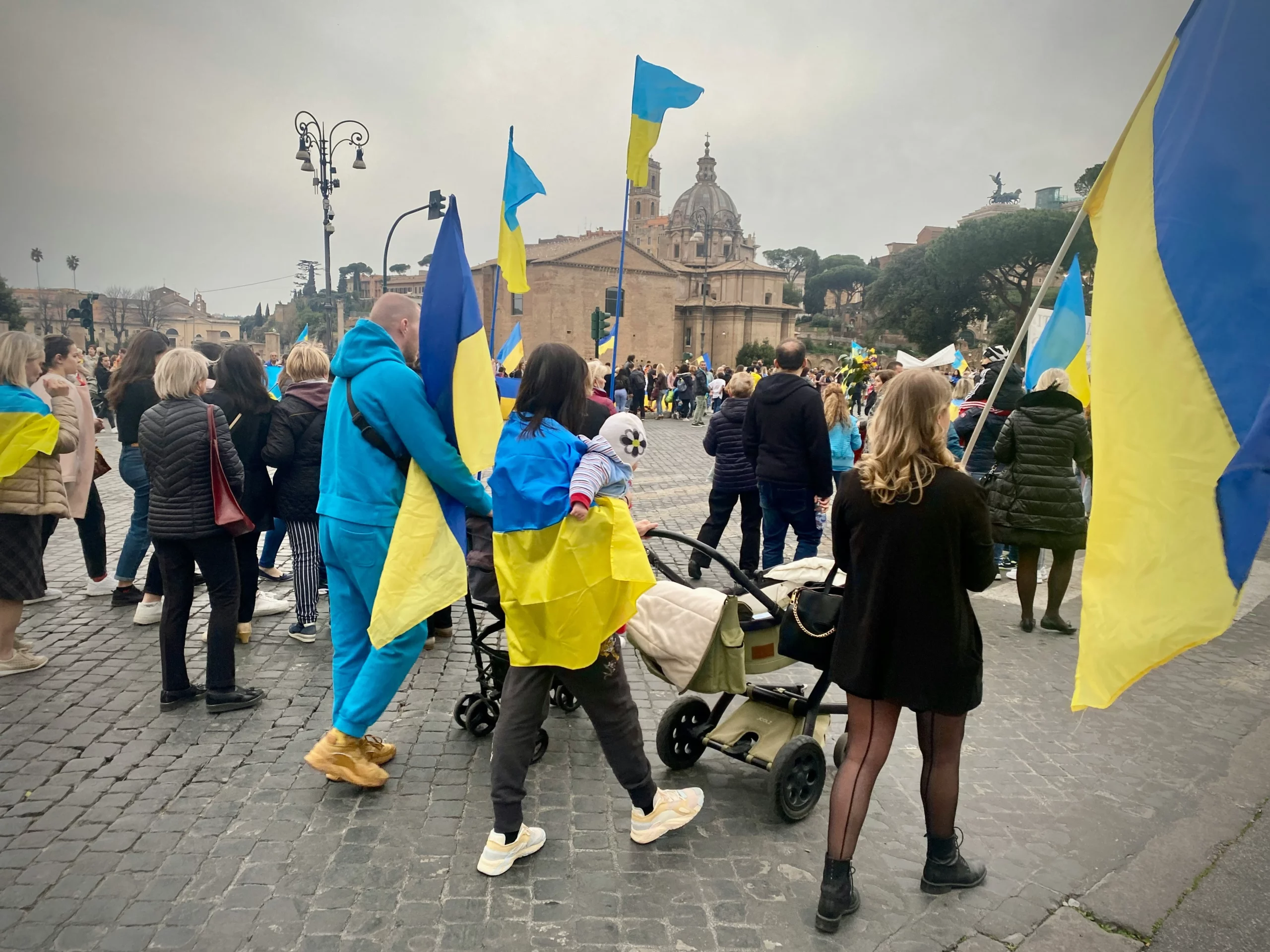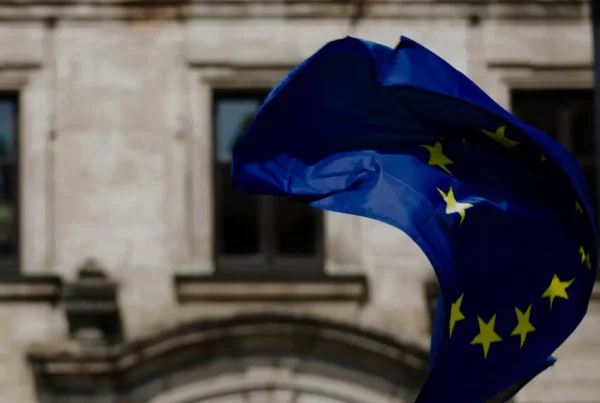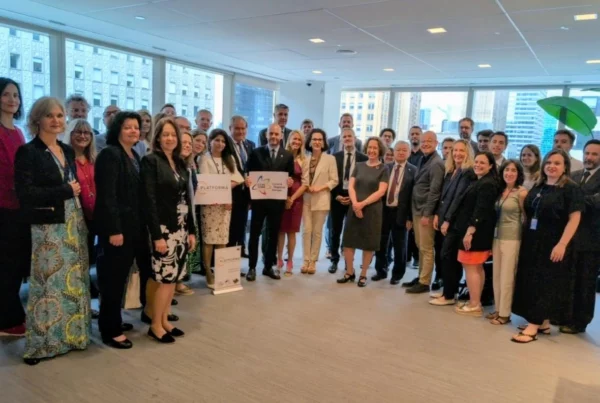How cooperation opens up opportunities for small Ukrainian and Lithuanian cities
What brings closer two cities, one Ukrainian, the other Lithuanian, separated by 700 km? Some will say their similar demographics or town size. Others will put forward their common urban challenges and opportunities.
This is precisely what the “Bridges of Trust” project is heading at: to increasing cooperation and exchange of best practices, knowledge and skills between municipalities in Ukraine and the EU.
On 22 October 2021, a first exchange between Korosten (Ukraine) and Ukmergė (Lithuania) took place online. Earlier, the two municipalities expressed interest to establish a new partnership in the framework of the project.
During this first meeting, the partners presented their respective municipalities and discussed possible areas of cooperation. Speakers on either side noted with great interest how similar the two communities are, for example, in terms of key business sectors (e.g. woodworking), interest in green tourism, culture and even some joint challenges (e.g. ageing of the population, migration of the young people, investments).
Energy efficiency and rising gas prices, waste management, investments and business attractiveness, digitalization of public services, are just some of the topics that were discussed during this first exchange.
The exchanges will continue to take place online during the next months. In spring 2022, it is planned that representatives of Korosten will visit Ukmergė to learn more about its successful projects and to see what aspects of these projects can be taken, adapted and integrated to the local realities in Korosten.
As correctly pointed out by the mayor of Ukmergė, Rolandas Janickas, it is always better to see something once, and Ukmergė is looking forward to welcome Ukrainian colleagues next year.
About the “Bridges of Trust” project
The project is implemented by the Council of European Municipalities and Regions and PLATFORMA, and is funded by the U-LEAD with Europe programme, a multi-donor action of the European Union and its member states Germany, Poland, Sweden, Denmark, Estonia and Slovenia.

Project Officer – International Partnerships (U-Lead)





